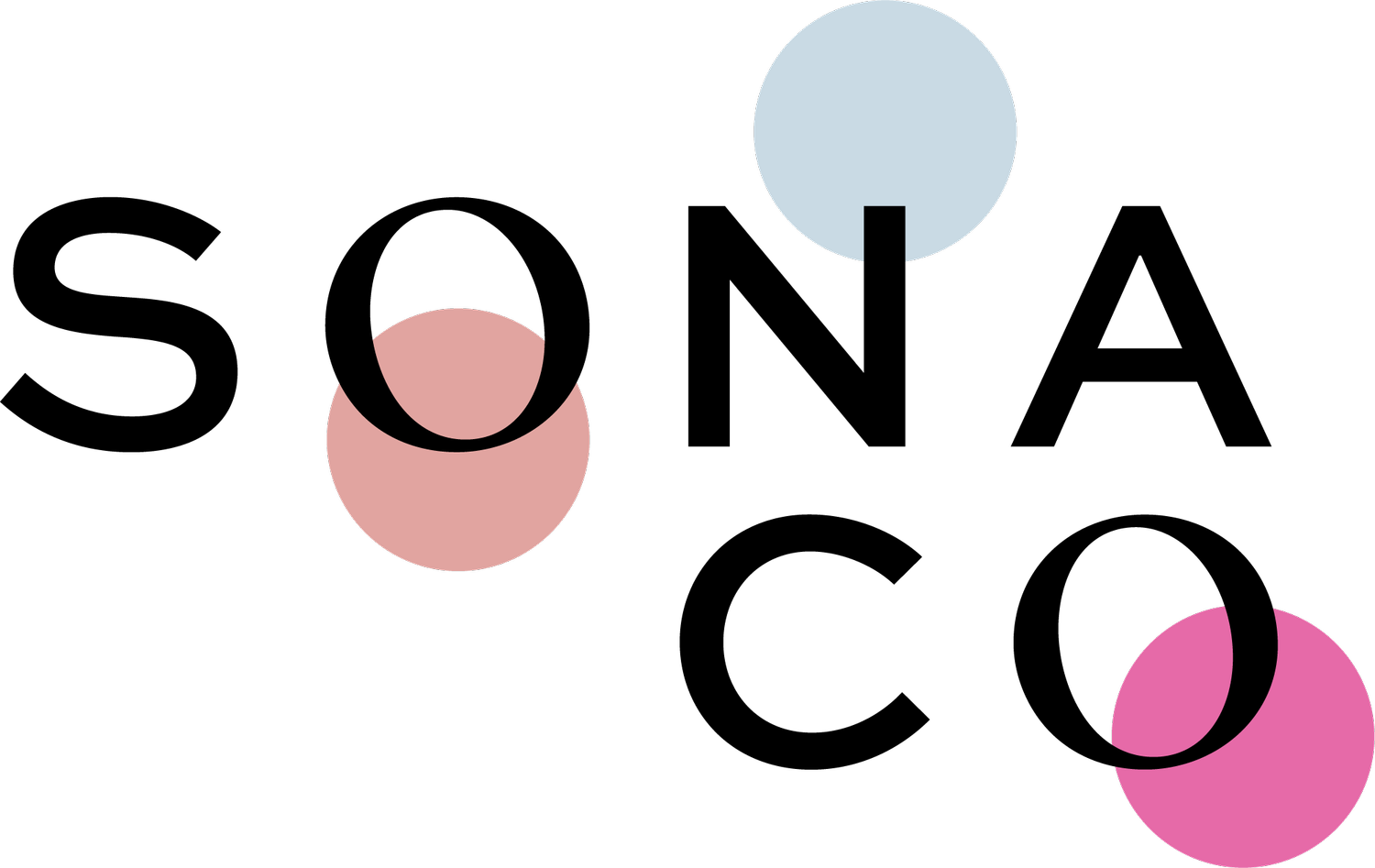Debunking Myths About Ketamine & Ketamine Therapy
Top 9 Ketamine Therapy Myths
Ketamine is one of the most misunderstood therapeutic interventions out there. We want to set the record straight and debunk some of the most common myths about ketamine therapy. Ketamine therapy is a highly effective and heavily researched intervention to treat trauma and trauma-related symptoms, including depression, anxiety, addiction, and eating disorders, as well as many other mental health conditions. Ketamine is one of the safest medications to treat these conditions, and the results are unparalleled.
“It's a Horse Tranquilizer…”
Ketamine, sometimes referred to as a “horse tranquilizer,” carries an unexpected backstory. While it’s true that ketamine is used in veterinary medicine for its exceptional safety record with animals, this was not its original purpose. Ketamine’s primary use is as an anesthetic and off-label prescription for mental health issues, such as anxiety, PTSD, and depression.
“It’s a Party/Recreational Drug…”
Ketamine has a reputation as a street drug that regularly shows up at music festivals, raves, and nightclubs under street names like “K,” “Kitty,” and “Special K.” However, using ketamine recreationally without clinical oversight is both illegal and risky. Long before it became a club drug, ketamine received FDA approval as an anesthetic in 1970 and is included on the World Health Organization’s List of Top 100 Essential Medicines.
“You’ll Fall Into a K-Hole…”
The “k-hole” is a dissociative experience often associated with excessive recreational ketamine use, and it can be both transformational and uncomfortable. Since ketamine therapy offers subanesthetic doses in a supportive environment, clients often report that it felt like they had “one foot in and one foot out” of reality during their session. At lower doses, the client is often able to connect with a greater sense of peace and relaxation.
“Ketamine Isn’t Psychedelic…”
While ketamine doesn’t interact with serotonergic receptors like “classical psychedelics,” its phenomenological effects firmly place it in the psychedelic realm due to its “trippy” side effects such as time dilation, a shift in sense perceptions such as vision and hearing, and the potential for ego dissolution. One’s experience with ketamine varies depending on the individual, environment, dosage, and therapeutic setting.
“Ketamine is Addictive…”
Ketamine’s potential for addiction is not a myth, but context is key. Addiction primarily surfaces in recreational settings and with long-term, excessive use. When under the guidance of a licensed clinician, the risk of biological or psychological addiction diminishes significantly.
“Ketamine Will Fix Everything…”
Ketamine isn’t a magical cure-all; it’s a tool that, when used properly, can help individuals make lasting behavioral and psychological changes due to the neuroplasticity it creates in the brain. Success in ketamine therapy often requires commitment, preparation, integration, and emotional processing. In other words, it involves “doing the work” in conjunction with the ketamine sessions. The key to an effective ketamine therapy treatment is the integration that happens in the 72-hour window that follows the ketamine session.
“You Can’t Do Ketamine Therapy While on Medications/SSRIs…”
Unlike many traditional psychedelics, ketamine doesn’t pose a risk when combined with SSRIs or other antidepressants. The key is that ketamine operates on different brain pathways, minimizing the risk of adverse interactions. Under clinician guidance, individuals on antidepressant medication can safely incorporate ketamine therapy into their treatment plans.
“Ketamine is Too Recent, Experimental, or Untried...”
One common misbelief suggests that ketamine, akin to other psychedelic remedies, is novel, untested, unverified, or illicit. However, these notions are unfounded. Ketamine therapy boasts over half a century of legal recognition and scientific investigation, endorsing its clinical utility. Substantial evidence attests to the effectiveness of ketamine treatments for various mental health conditions. Ketamine therapy is established, tried-and-true, well-supported by evidence, and legal when administered under the supervision of a licensed therapist.
“Ketamine’s Benefits Only Work for Others..."
The enduring myth that ketamine only proves effective for certain individuals, perhaps those grappling with treatment-resistant depression or specific demographics like veterans coping with PTSD, is inaccurate. Individuals with diverse mental health backgrounds and life experiences have found value in ketamine therapy.
Learn More About Ketamine Therapy
If you are interested in learning more about ketamine-assisted therapy to treat trauma and trauma-related symptoms, such as depression, anxiety, addiction, and eating disorders, please do not hesitate to reach out to our team.

